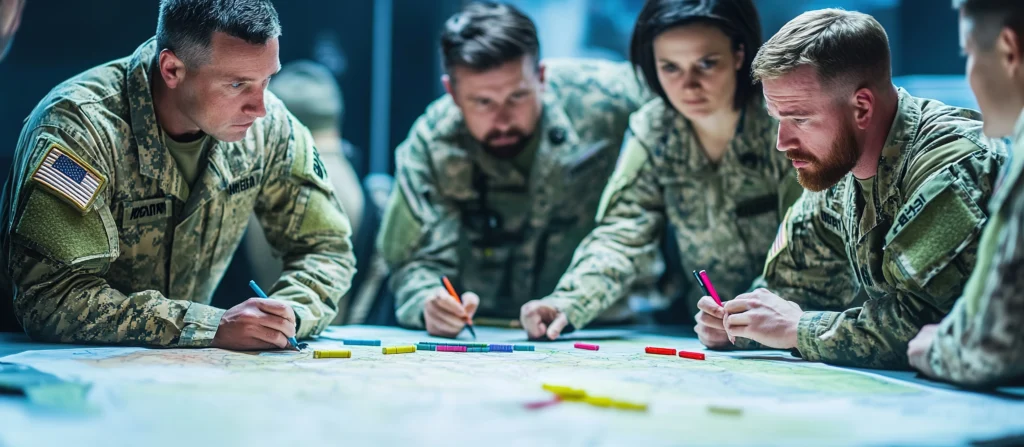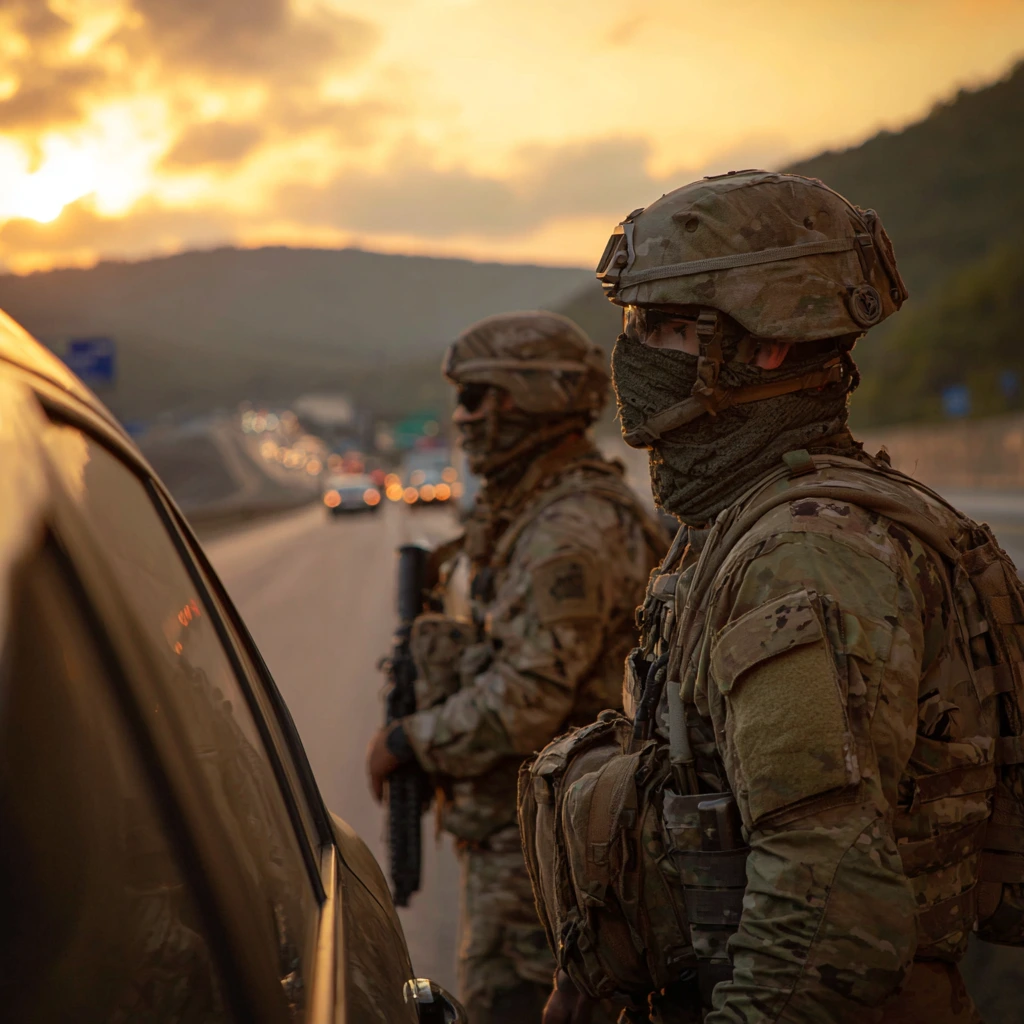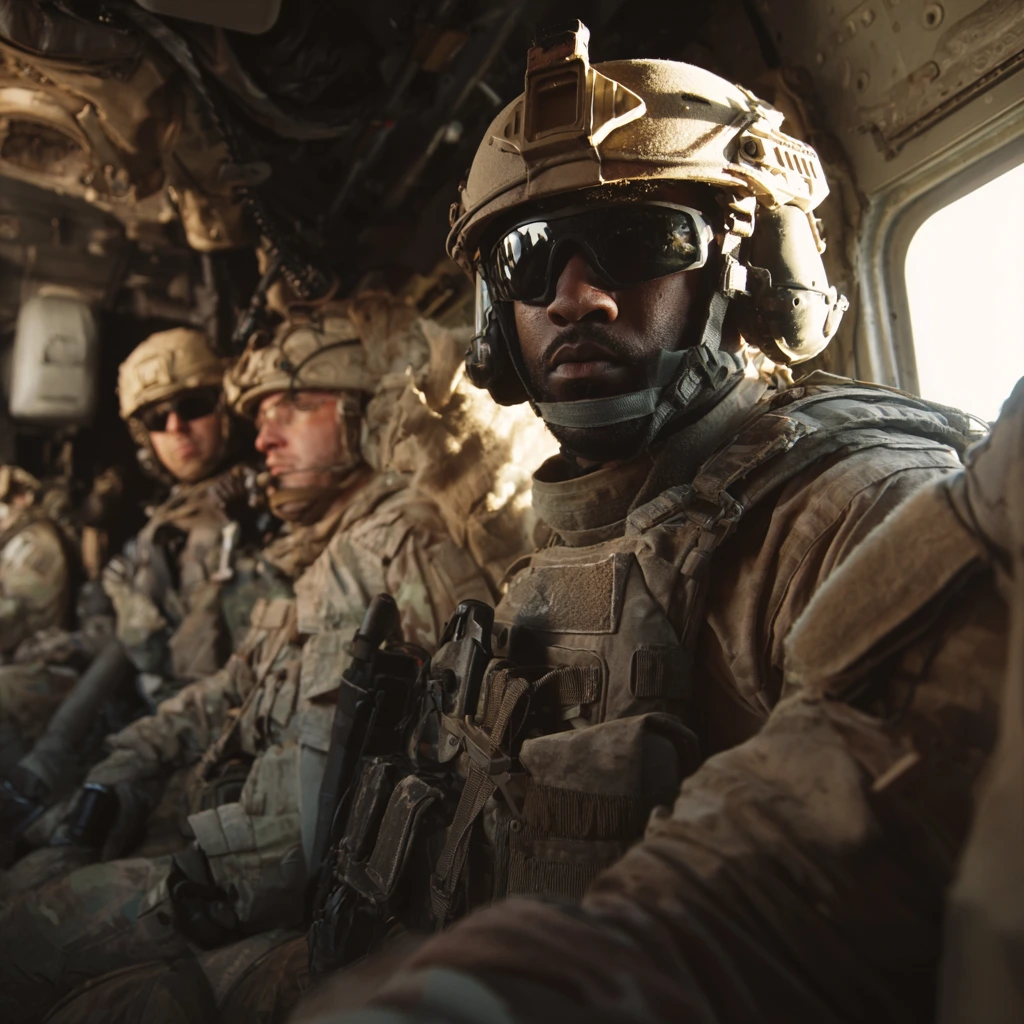In a significant and highly visible security measure, West Virginia and South Carolina have deployed National Guard troops to Washington, D.C. in response to unspecified threats. While authorities have not publicly detailed the nature of these threats, the move underscores the ongoing importance of preparedness and coordination in the nation’s capital. This deployment also highlights the role of the National Guard in supporting both federal and local authorities during times of heightened concern, providing a layer of protection to key locations and public spaces.

Details of the Deployment
West Virginia has mobilized several hundred National Guard personnel to Washington, D.C., equipped with the training and resources needed to assist in security operations. South Carolina has contributed additional troops to bolster the effort, ensuring a stronger presence across key areas of the city. These deployments are carefully coordinated to maintain readiness while allowing the states to respond to emergencies at home, demonstrating the flexibility and professionalism of the National Guard.
The troops are positioned strategically to support local law enforcement, monitor public spaces, and protect government buildings and infrastructure. While their primary mission is to act as a deterrent and provide rapid response if needed, their visible presence also reassures residents and visitors that safety measures are actively in place.

Mission and Responsibilities of the National Guard
The National Guard’s responsibilities in this deployment are multifaceted. They assist local authorities in ensuring public safety, maintain order in areas of high foot traffic, and secure sensitive federal facilities. The troops may be armed for self-defense and deterrence purposes but are not authorized to perform arrests. Their mission is focused on prevention, surveillance, and rapid support in case of any incident.
This deployment also includes logistical support, with personnel trained to coordinate with federal and municipal agencies. By integrating into existing security frameworks, the National Guard can respond effectively to potential emergencies while minimizing disruption to daily life in the city.
Coordination Between States and Federal Authorities
The deployment represents a high level of coordination between the states of West Virginia and South Carolina and federal authorities. Governors worked closely with national officials to determine troop levels, responsibilities, and deployment strategies. This collaboration ensures that resources are used efficiently and that there is a unified approach to maintaining safety and security.
Coordination also involves planning for contingencies, such as natural disasters or unexpected emergencies in the home states. This careful balance ensures that troops can perform their mission in Washington, D.C., without leaving gaps in security elsewhere.

Public Response and Community Impact
Public reaction to the deployment has been mixed. Many residents and visitors appreciate the increased sense of security, noting that the presence of trained personnel contributes to safer public spaces. Others, however, express concerns about the militarization of urban areas and the potential impact on civil liberties.
Authorities encourage the public to remain vigilant and report any suspicious activities, emphasizing that the National Guard is there to support—not replace—local law enforcement. Community engagement and communication play a critical role in ensuring that the deployment is effective while maintaining trust between citizens and authorities.
Broader Implications and Security Considerations
The deployment highlights the broader role of the National Guard in national security. Beyond responding to immediate threats, the National Guard provides flexible support in times of uncertainty, reinforcing public confidence and assisting local agencies. This situation also underscores the importance of planning and preparedness for cities that serve as centers of national governance and activity.
The use of National Guard troops in this context demonstrates how state and federal authorities can work together to manage security challenges, balancing rapid response with the preservation of civil order and community trust.
Conclusion
The deployment of National Guard troops from West Virginia and South Carolina to Washington, D.C., reflects the ongoing priority of maintaining security in the nation’s capital. While the exact threats remain unspecified, the coordinated response demonstrates professionalism, preparedness, and a commitment to public safety. By supporting law enforcement, protecting key locations, and providing a deterrent presence, the National Guard plays a vital role in ensuring stability and confidence during uncertain times.
Table of Contents
Overseas Operations News – The National Guard
Pamela Anderson’s Career Milestone: A New Era of Artistic Reinvention – trendsfocus